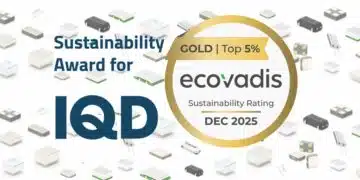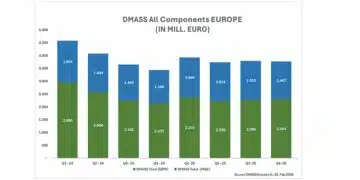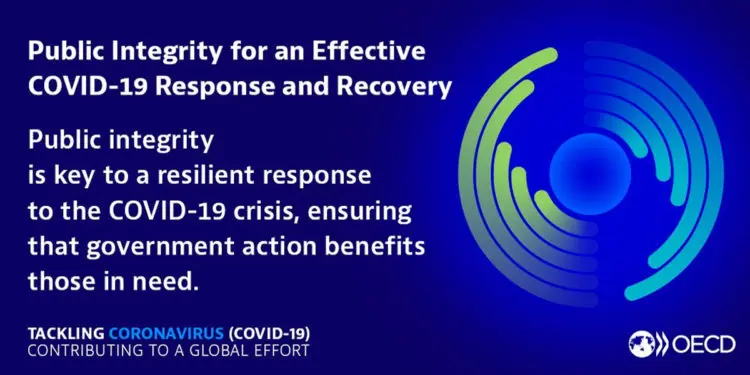Vulnerability of Mining Communities Increases Amid COVID-19 Crisis
KEMET Corporation a leading global supplier of electronic components and one of the world’s largest user of element 73, tantalum, has joined the Organization for Economic Co-operation and Development (OECD) Multi-Stakeholder Steering Group “Call to Action for Responsible Mineral Supply Chains.”
The COVID-19 pandemic has severely disrupted supply chains of mineral resources, depressed international prices and forced mining sites and processing facilities to close or suspend operations. The pandemic is impacting the livelihoods and well-being of artisanal and small-scale miners (ASM) and their communities, who together account for 83% of the world’s mining workforce or 40.5 million people. A significant reduction in mineral earnings can stimulate criminal activity, human rights violations, and civil society’s degradation in vulnerable artisanal mining communities and supply chains. Due diligence and on-the-ground initiatives in conflict-affected and high-risk areas (CAHRA) are more important than ever.
KEMET understands the impact of sustainability on direct operations, and the supply chain, and took an early leadership position in obtaining certified conflict-free minerals. As one of the first companies to claim the “conflict-free” distinction, as acknowledged by the U.S. Securities and Exchange Commission (SEC), KEMET created the Partnership for Social and Economic Sustainability. As the industry’s most comprehensive social sustainability and economic program, the partnership supports on-the-ground efforts for social and economic sustainability in a small tantalum mining village called Kisengo in the Katanga Province in the southeastern Democratic Republic of Congo. Together with the local miners, KEMET helped establish the Kisengo Foundation, which provides funding for improvements to infrastructure in the village, a hospital that has served over 30,000 patients, and a school with 1,500 students as well as funding for additional infrastructure projects. Organizations such as the Kisengo Foundation are currently in dire need of funding.
“The potential to wipe-out years of investment and progress in the social structure in Central Africa is a real threat,” said Dr. Daniel F. Persico, KEMET Senior Vice President, Mergers and Acquisitions and President, Tantalum-Niobium International Study Center. “Corporate stakeholders throughout the supply chain, who rely on this region of the world for raw materials, should look closely at their commitments for on-the-ground support, through organizations such as the Kisengo Foundation and others, to reduce the potentially devastating impact of COVID-19.”
As part of KEMET’s commitment to corporate social responsibility, it has established a goal to source conflict minerals (tin, tantalum, tungsten, and gold) in a manner which will not directly or indirectly finance or benefit armed groups in the Democratic Republic of Congo and its adjoining countries, or in any region determined to be a CAHRA as defined in the OECD Due Diligence Guidance for Responsible Supply Chain of Minerals. KEMET will immediately discontinue doing business with any supplier whose actions run counter to this guidance. All KEMET’s tantalum smelting and refining operations are validated to be compliant under the independent third-party audit process found in the Responsible Minerals Initiative’s (RMI) Responsible Minerals Assurance Program (RMAP).
To learn more about the OECD call to action for responsible mineral supply chains in response to the COVID-19 crisis visit, https://mneguidelines.oecd.org.































